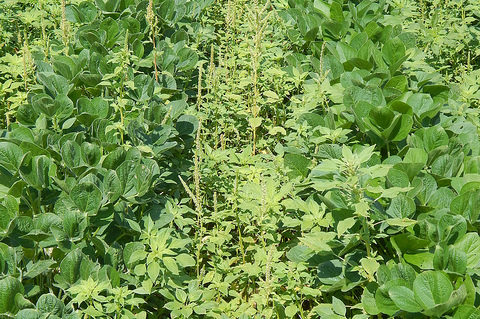Could You be the Lucky Winner of Durham Bulls Tickets?
We have a couple more Durham Bulls tickets to give away for the July 13 Durham Bulls game against Norfolk. Your chance to win is simple! Just check out the North Carolina Soybean Producers Association page on Facebook, like our post about the ticket giveaway (just look for the Wool E Bull picture shown at left)…
Details












